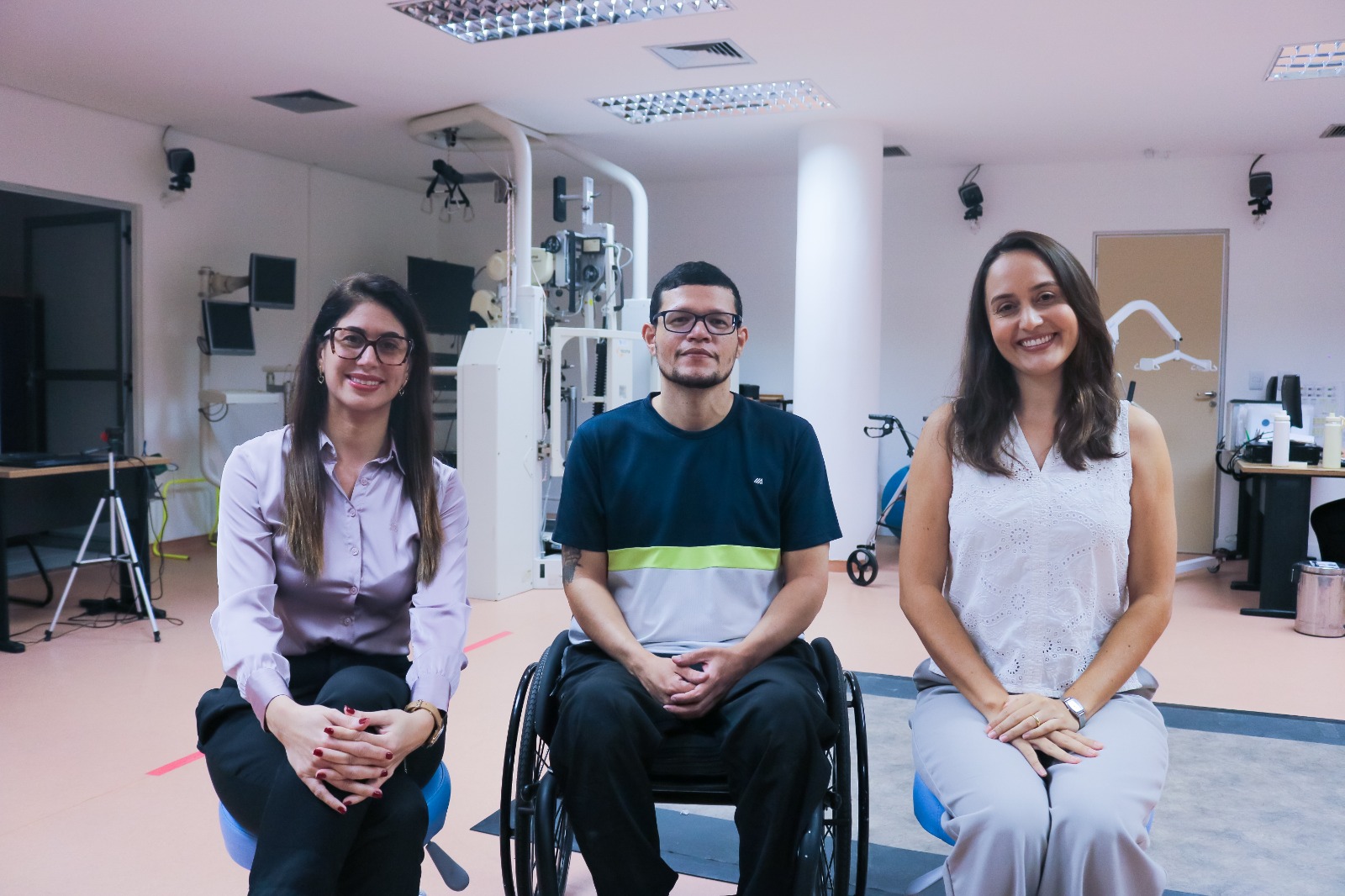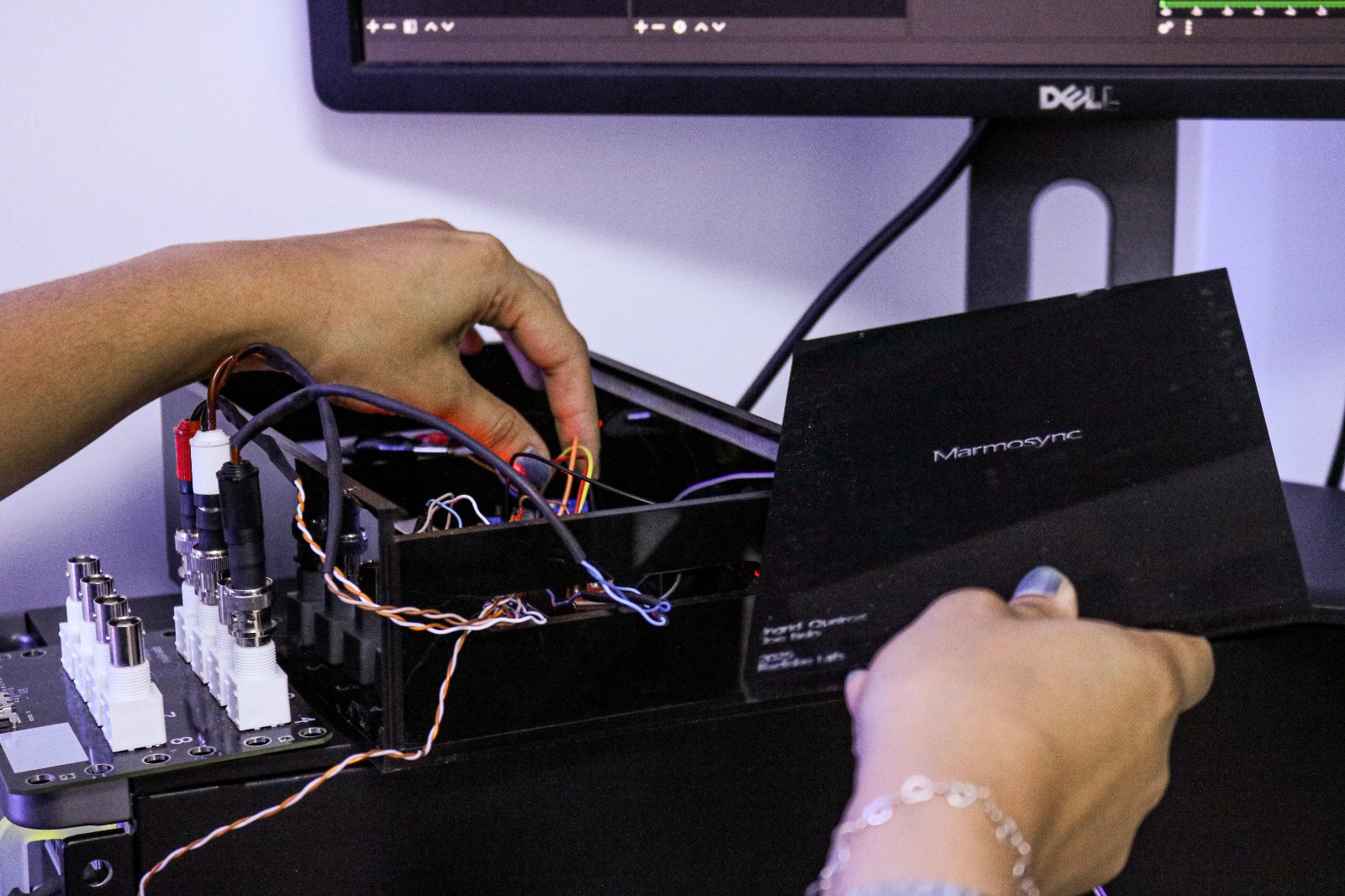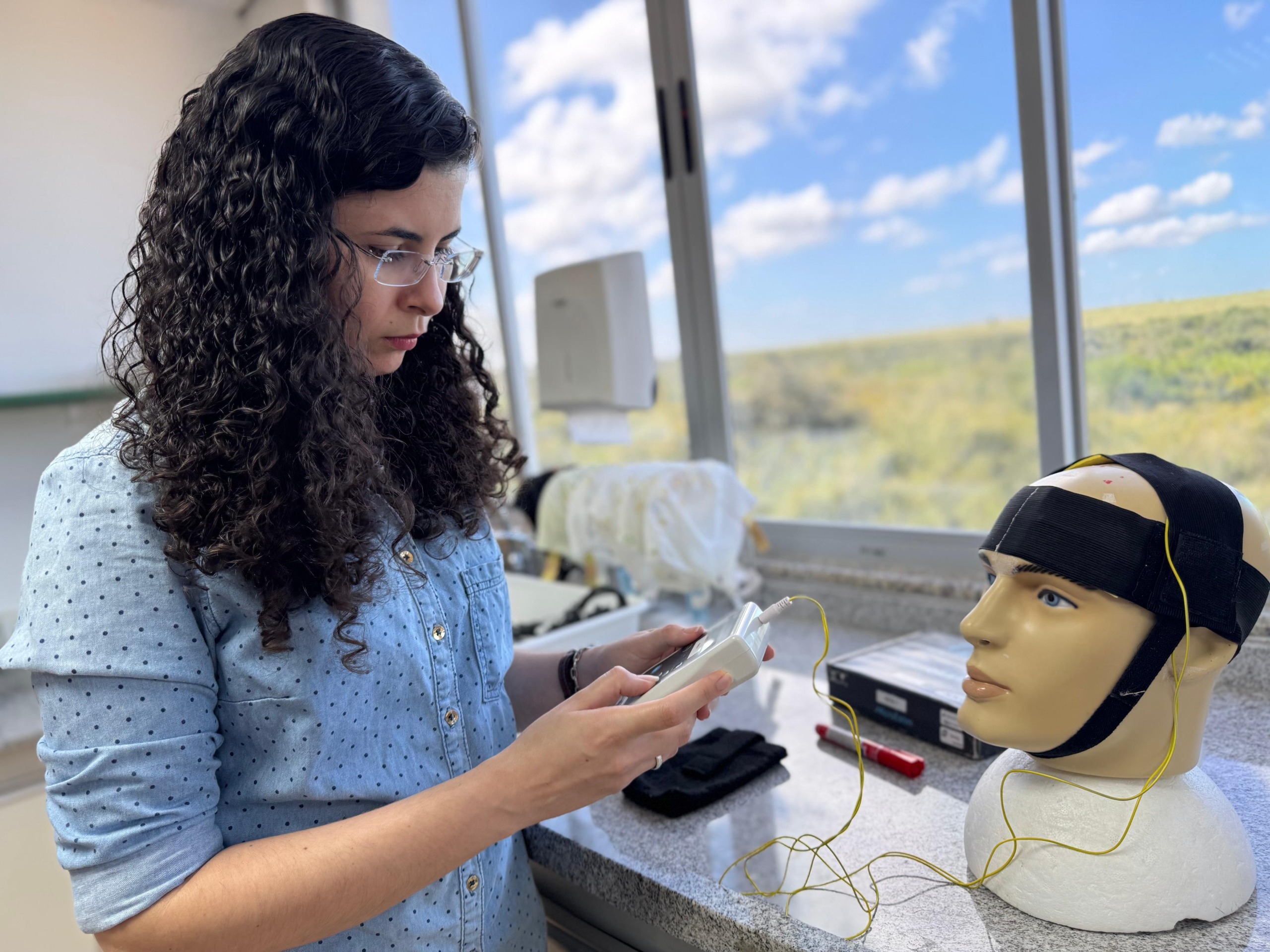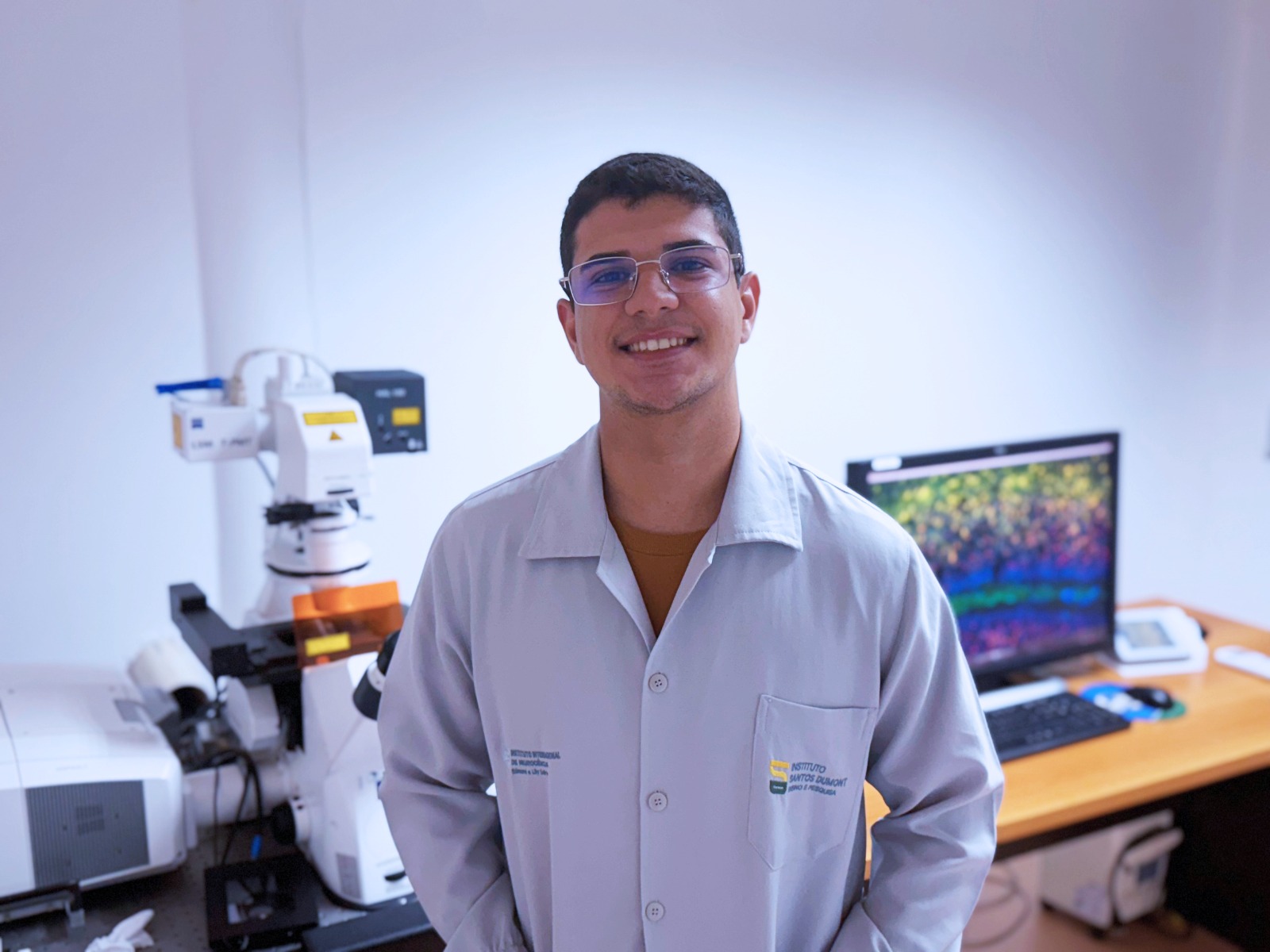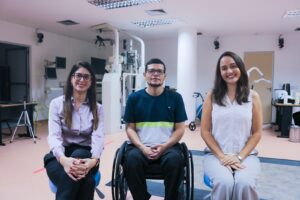The number of children under 14 years of age who died after developing severe symptoms for covid between 2020 and 2021 in Potiguar territory reached 25, according to a survey by the State Secretariat for Public Health of Rio Grande do Norte (Sesap/ RN). Covid-19, whose vaccine only began to be applied to adults about a year ago, killed more children than other vaccine-preventable diseases such as chickenpox, tuberculosis and influenza combined in the same period. The expectation is that the application of immunization against Covid-19 in Brazilian children will begin next week. Infectologist Manoella Alves and pediatrician Sabrinna Machado, medical preceptors at the Santos Dumont Institute (ISD), list the benefits of vaccinating this group.
“Covid-19 is a new disease. Of all the scientific studies done during this period, all have shown that the only way to block the spread of the disease is through vaccination. And this is not just with the coronavirus, but with several other immunisable diseases. We have serious cases of covid in children, with deaths. The long-term covid is being a concern for Pediatrics, in matters of cognition and learning. The child can develop headaches, drowsiness, difficulty concentrating… There are many asymptomatic cases, but when it is severe it is as serious as in adults”, warns ISD pediatrician preceptor, Sabrinna Machado.
After almost two years of the pandemic, Brazil is preparing to receive the first shipment, with 1.248 million doses of the pediatric vaccine against covid-19, scheduled to land in São Paulo on January 13th. The amount that will be distributed to the States must follow the logic of the percentage of the population between 5 and 11 years of age. The Ministry of Health has not yet detailed, however, how the logistical process for separating and forwarding the doses will take place.
ISD’s infectious disease specialist, Manoella Alves, points out that vaccination in children in this age group is yet another important action in the effort to mitigate the spread of new strains of Covid-19. “Children's vaccination is important because it is one more group that will be protected. Group that has a high potential for spreading the virus because they do not understand what isolation is and because they do not always keep their hands clean. The vaccine is effective, tested and is the most effective way to stop the disease”, highlights Manoella Alves.
According to data released this week by the director general of the World Health Organization (WHO), Tedros Adhanon, cases of covid worldwide increased by 70% last week. This index is considered unprecedented. Deaths lowered 10%, shows the Organization's weekly epidemiological bulletin. Between December 27, 2021 and January 2, there were 9.5 million confirmed infections worldwide.
Note
This Thursday, January 6, the Brazilian Society of Pediatrics (SBP) issued a note highlighting the importance and necessity of vaccinating children against Covid-19. In the document, the entity points out that “the population should not fear the vaccine, but the disease that it seeks to prevent, as well as its complications, such as the long-term covid and the Multisystemic Inflammatory Syndrome, manifestations that consolidate the need for immunization of the children's audience”.
The Society also highlights that vaccinating this public is an important strategy to reduce the number of deaths due to covid-19 in this age group, in Brazil, whose indicators are more expressive than in other nations.
“The vaccine prevents death, pain, suffering, emergencies and hospitalization in all age groups. Denying this benefit to children without solid scientific evidence, as well as discouraging the adherence of parents and guardians to the immunization of their children, is a regrettable and irresponsible act, which, unfortunately, can cost lives”, signs the SBP.
Covid and variants
Covid-19 is a respiratory disease caused by the SARS-CoV-2 coronavirus, detected two years ago in Wuhan, a city in central China, and which has spread rapidly around the world. Currently, according to the WHO classification, there are five variants of concern for SARS-CoV-2, with Omicron, the most recent, being the most contagious.
Despite its high transmission capacity, this variant is less malignant when compared to its predecessor Delta. In most cases, it has been asymptomatic or caused mild symptoms. WHO director-general Tedros Adhanon warned of the risk of devaluing Omicron, stating that although the variant is less severe, especially among vaccinated people, "this does not mean it can be classified as mild".
Text: Ricardo Araújo / Ascom – ISD
Photograph: Ricardo Araújo / Ascom – ISD
Communication Office
comunicacao@isd.org.br
(84) 99416-1880
Santos Dumont Institute (ISD)
It is a Social Organization linked to the Ministry of Education (MEC) and includes the Edmond and Lily Safra International Institute of Neurosciences and the Anita Garibaldi Health Education and Research Center, both in Macaíba. ISD's mission is to promote education for life, forming citizens through integrated teaching, research and extension actions, in addition to contributing to a fairer and more humane transformation of Brazilian social reality.




